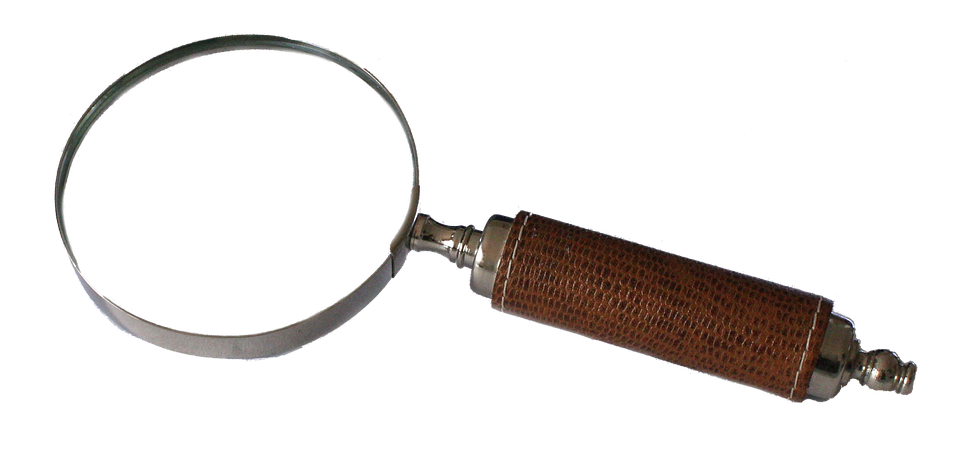Essential Detective CV Template: Crafting the Perfect Resume for Aspiring Investigators
In the shadowy world of investigation, where every detail matters and intuition reigns supreme, crafting a standout CV is paramount for aspiring detectives. Your resume isn’t just a list of jobs or qualifications; it’s a narrative that conveys your unique journey, skills, and the passion that drives you to uncover the truth. So, how does one create a compelling CV that catches the eye of recruiters in this competitive field?
1. Start with a Hook
A strong opening statement can set the tone for the entire document. Think of it as your personal tagline. Consider weaving in your motivations for pursuing a career in investigation, coupled with your relevant experience. Perhaps you’ve always had a knack for solving puzzles or a deep-seated desire to bring justice to light. This is your chance to draw the reader in, giving them a glimpse of the detective you aspire to be.
2. Highlight Relevant Experience
When detailing your professional background, focus on positions that showcase your investigative skills. This could range from roles in law enforcement to internships in forensic analysis or even volunteer work in community safety initiatives. Use bullet points to break down your responsibilities and achievements, emphasising skills like critical thinking, attention to detail, and your ability to work under pressure. Each point should reflect how you’ve honed your detective prowess.
3. Showcase Your Skills
In the realm of investigation, specific skills can set you apart. Consider these essentials:
- Analytical Skills: Your ability to interpret data, spot patterns, and draw conclusions.
- Communication: Both verbal and written skills are vital, especially when interviewing witnesses or preparing reports.
- Technical Proficiency: Familiarity with investigative software and tools can be a significant advantage.
- Team Collaboration: Highlight experiences where teamwork led to successful outcomes.
Make sure to tailor this section to align with the job description of your target role.
4. Education and Qualifications
Your educational background is crucial, particularly if you’ve pursued specialised training in criminal justice, criminology, or forensic science. List your qualifications prominently, including any relevant certifications. If you’ve attended workshops or seminars related to investigative practices, don’t hesitate to mention those. This demonstrates your commitment to continuous learning in this dynamic field.
5. Personal Attributes
Beyond qualifications and experience, personal attributes can make a world of difference. Investigators often need to exhibit resilience, tenacity, and an unwavering ethical compass. Consider briefly weaving in anecdotes or examples that illustrate these qualities. Perhaps you faced a particularly challenging case that required you to think outside the box; sharing such stories can enrich your CV and provide a glimpse into your character.
Crafting the Narrative
Ultimately, your CV should tell a story—a story of dedication, skill, and ambition. Each section should flow seamlessly into the next, creating a cohesive picture of who you are as an investigator. Avoid jargon and keep your language clear and engaging; remember, your CV is a reflection of your professionalism and attention to detail.
By following this guide, you’ll be well on your way to crafting a CV that not only stands out but truly encapsulates your journey into the world of investigation.
As you embark on this adventure, remember that CVPortal continues to provide you with a wealth of high-quality resume references to aid you in your career pursuits.


